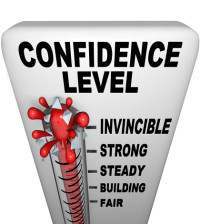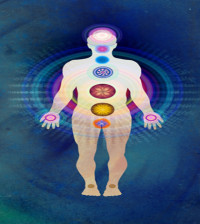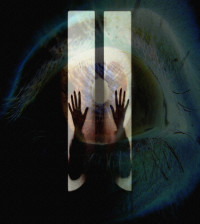- 5 Tips To Finding Peace Within Yourself
- The Do’s and Don’ts of Learning How to Accept Yourself
- How to Find Your Inner Peace and Transform Your Life
- 8 Benefits of Having an Open Mind and How to Get One
- Learn How To Be A Happier Person
- What Is The Meaning Of Life?
- Laws of Abundance – The Riches of Love and Joy
- How to Be Laid Back By Following These 9 Simple Strategies
- The meaning of confucius’ golden rule – 4 practical ways of living it
- 3 methods of unleashing the power of contentment in your life
The Importance of Curing Panic Attacks

A lot of people don’t realize that a panic attack is something that should be treated and cured. Panic attacks are more than just an increased level of stress in one person. It’s more than just being extremely worried or anxious about something.
What are the usual symptoms?
- Someone who is experiencing a real, full-blown panic attack can have any of the following symptoms:
- Intense sudden terror
- Intense fear and apprehension even when there’s no apparent danger
- Chest pains
- Difficulty breathing
- A tingling in the hands of fingers
- An altered sense of reality
- Nausea
Panic attacks can even lead to drastic effects like acid reflux, constant headaches, and even agoraphobia (or the inability to leave your own home). For some, severe or frequent panic attacks can cause serious disruptions in their lives.
But before we talk about curing panic attacks, it’s important to know what causes them. Experts believe that there are different causes for panic attacks, most often, one person’s triggers are different from another’s.
What causes panic attacks?
However, the usual culprits are:
- Extreme stress
- A traumatic experience
- Lack of sleep
- Improper food intake
- Dehydration
- Lack of rest, not taking time for yourself
- Cures and treatments
Now that we know the things to avoid, let’s take a look at the various ways on how to cure panic attacks:
- Anti-anxiety medication – Some prescription drugs can alleviate the anxiety of a person who is experiencing a panic attack. However, it’s important to know that these medicines are not intended for long-term use (only for immediate treatment). One popular drug is called Xanax.
- Anti-depressants – Prescription drugs such as Prozac and Celexa, are considered anti-depressants. While they cannot immediately cure on-going panic attacks, they are good for prevention. Combined, anti-anxiety and anti-depressant drugs are often the first line of treatment against panic attacks.
- Cognitive-behavioral therapy AKA Meditation – This method, which is also often called CBT, is used for preventive and maintenance care. This helps the patient to deal with the panic symptoms, using special muscle and/or breathing techniques. Meditation techniques can help the person deal with his or her stressors and get back into a state of calm and relaxation.
- Psychotherapy – A lot of experts believe that psychotherapy is a good cure for panic attacks. It provides the patient with support as well as minimizes the person’s fear. Psychotherapy helps by leading the person’s thoughts away from what’s causing the destruction. It can even lead them to engage in more useful behaviors or activities.
Some extra precautions
Just like any other ailment, curing panic attacks is well and good, but prevention is always the best thing to do. Therefore, in order to avoid personal catastrophes, patients who suffer from panic attacks should:
- Take their time whether in therapy or in medication. Don’t try to search for a quick cure.
- Don’t be too critical of yourself. Cut yourself some slack.
- Find ways on how to lessen your anxiety and stress levels. Meditation, yoga, and even exercise are some of the most effective methods.
- Avoid any form of stimulants like nicotine and caffeine. Take note that caffeine is present in a various foods and drinks such as teas, colas, chocolates (not just in coffee).










































You must be logged in to post a comment Login